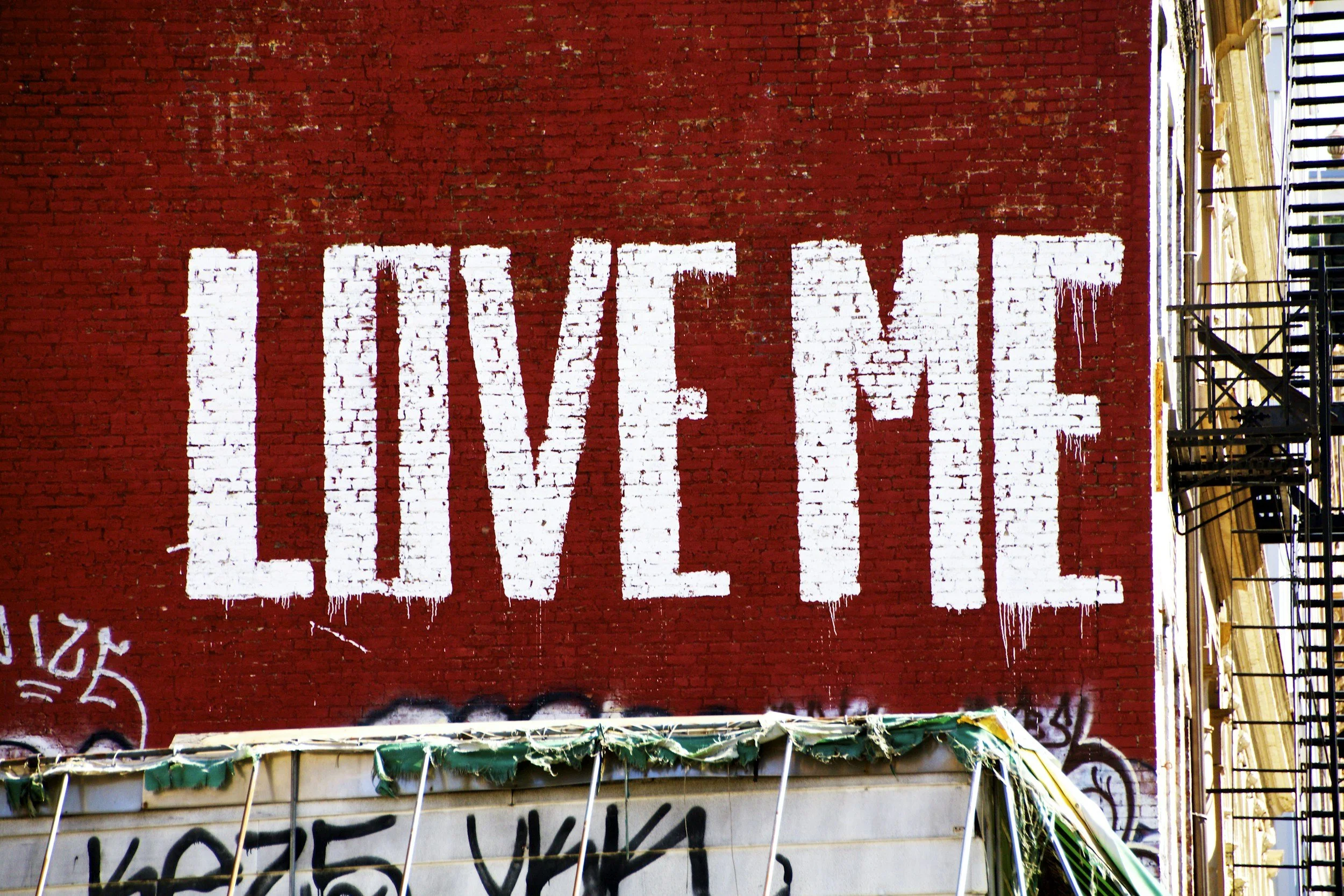The Self-Help Dopamine Hit
I’m kind of a junkie for long-form podcasts designed to make us better people. But I never thought of them as a drug.
Fully aware of the irony, Sahil Bloom—author of The Five Types of Wealth: a Transformative Guide to Design Your Dream Life—told host Rich Roll this: A certain kind of people get a certain kind of high when they take in a certain kind of information. They’re so excited by the belief that the new knowledge will improve their life that dopamine kicks in and gives them a rush.
I know the feeling!
After that podcast and so many others, I crave more. I’ll seek out more content from the expert or order their book from the library. If I’m really psyched, I’ll visit the author’s website and spend a few bucks. Then I’ll evangelize. Text the links to friends. Maybe write a blog!
In my most extreme example of drug-induced enthusiasm I pulled the car over—somewhere in Kansas—after listening to Wisdom and Work: the Making of a Modern Elder by Chip Conley. I enrolled in his midlife wisdom school. I flew to Mexico. Only thanks to Covid, I stopped short of buying an adjacent casita. Yep. I was definitely high.
Dopamine is a powerful neurotransmitter. It helps us initiate and persist in goal-directed behaviors. It motivates us to work towards rewards and and anticipates pleasure. It plays a role in movement, learning, memory, and other aspects of our physiology and behavior.
But the trouble is that dopamine, like any drug, wears off. Neurologists say dopamine lasts only a few minutes in the brain after its release, though it might stay in your system for a few days. Or in my case, maybe longer. The effect may be gone by the time the book arrives—unless you pop for expedited shipping. That’s why we have stacks of these half-read tomes by our bed.
But we strivers like to learn. And I don’t think we should stop. Here’s why.
Knowledge is power. Knowing stuff is cool. And it can be really helpful. Sure there’s a lot of shit on the internet, but when we have questions about our money or our health, we can search out actual scientists and economists who’ve written actual books. We have access to peer-reviewed journals. Reporters we trust will grill so-called subject-matter experts on our behalf.
Information connects us to each other. When we learn stuff, we can talk to friends and family. We can compare notes. We can find communities of people—online or in bed next to us—who care about the things we care about. When we disagree, or we aren’t sure what we think anymore, we can ask more questions. Regardless of any outcomes, just having these conversations will help us feel closer..
Critical thinking keeps us alive. Ultimately it’s up to us to make our own decisions. Do we rely on western medicine or go all in on an alternative? Feed raw food and psyllium husks to our dogs or stick with the Purina? Pull our money out of the market or ride out the storm? Does intermittent fasting work for us, or does our body not respond? After thinking things through, we’ll have our reasons for choosing what we choose.
I guess the point is this: What strikes us as precisely right today could feel uninformed—stupid even—tomorrow. And that’s a good thing.
Because are complicated, fickle, flawed human beings, trying to to the right things. And that means we’re allowed to change our mind.
If you like what you’ve read, scroll down to subscribe!






